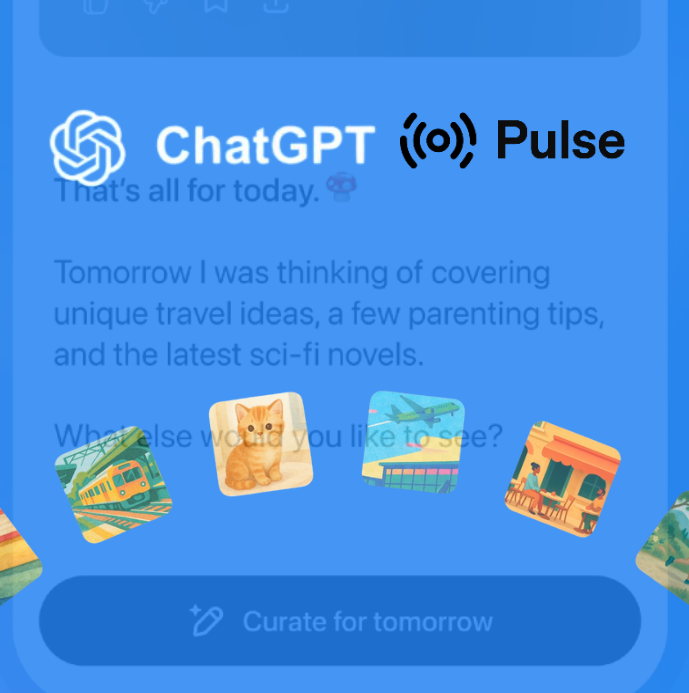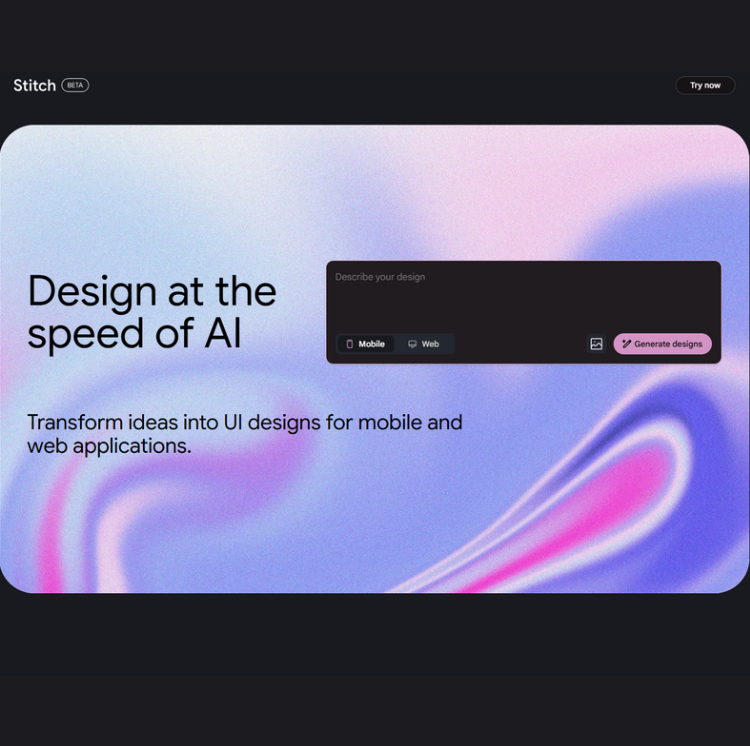Forget the Robots, Focus on the Workflows
Let me be straight with you: AI automations aren't the sci-fi robots you see in films. They're not going to replace your entire team or make coffee whilst discussing quarterly projections. What they actually are is much more practical and immediately useful.
Think of AI automations as smart workflows that can make decisions. Unlike basic automations that simply move data from Point A to Point B, AI automations can actually think about that data and take different actions based on what they find.
Here's a simple example: when a new enquiry comes through your website, a basic automation might just add their details to your CRM. An AI automation, however, can read their message, work out if they're a serious prospect or just browsing, score them based on their company size and industry, then send them a personalised response that matches their specific needs. All without you lifting a finger.
The same applies to things like sorting through customer emails, creating social media content that sounds like you wrote it, or analysing your sales data to spot trends you might have missed. These aren't revolutionary leaps into the future - they're practical tools that can start working for your business today.
And before you ask - no, this won't replace your entire staff. What it will do is free up your team from the boring, repetitive tasks that drain their energy and your profits. Instead of spending hours manually sorting emails or creating the same type of content over and over, they can focus on building relationships, solving complex problems, and growing your business.
The real power isn't in the artificial intelligence itself - it's in having workflows that are intelligent enough to handle the mundane stuff whilst you focus on what actually matters.
Three AI Automations Every Small Business Can Use Tomorrow
Right, now that we've established what AI automations actually are, let's talk about the ones that genuinely work. I've tested dozens of them, and whilst some that are just hyps, three types consistently deliver real value for small businesses.
Smart Customer Communication
Remember that example I mentioned about personalised enquiry responses? This is where it gets interesting. Modern AI can read incoming emails and understand not just what someone's asking, but the tone they're using and the urgency behind their message.
I've built systems that can tell the difference between a frustrated existing customer and an excited potential client, then craft responses that match the situation perfectly. The AI doesn't just send a generic "thanks for your enquiry" - it actually addresses their specific concerns and asks relevant follow-up questions.
The chatbots we can build now are nothing like those terrible ones from 2019 that made everyone want to throw their phone out the window. These actually understand context and can have proper conversations. They know when to escalate to a human and when they can solve the problem themselves.
The real impact? Your customers get faster, more helpful responses, and your team isn't buried under routine enquiries. One client told me their response time went from 4 hours to 4 minutes, and customer satisfaction actually improved because the AI responses were more detailed than their rushed human ones.
Intelligent Data Processing
This is where AI automations really shine for small businesses. All that paperwork that eats up hours of your week? AI can handle most of it.
Invoice processing is a perfect example. Instead of manually entering supplier invoices into your accounting system, AI can read them, extract all the relevant information, categorise expenses correctly, and even flag anything that looks unusual. I've seen businesses cut their monthly bookkeeping time from days to hours.
Lead qualification is another great example. When someone fills out your contact form, AI can instantly research their company, check their website, look at their social media presence, and give them a score based on how likely they are to become a paying customer. Your sales team then knows exactly where to focus their energy.
The report generation capabilities are brilliant too. Instead of just presenting raw numbers, AI can spot patterns, highlight trends, and actually explain what the data means for your business. It's like having a data analyst who never takes sick days.
Content Creation and Analysis
Here's where things get really practical. AI can now create social media posts that genuinely sound like you wrote them, as long as you train it properly on your brand voice.
But it's not just about creating content - it's about creating the right content. AI can monitor your competitors, track what's working in your industry, and suggest content ideas based on what your audience actually engages with.
Customer feedback analysis is another area where AI excels. Instead of manually reading through dozens of reviews and surveys to spot patterns, AI can instantly identify common complaints, highlight emerging trends, and even suggest specific improvements to your products or services.
I recently set up a system for a client that monitors all their customer feedback across multiple channels, identifies the key themes, and produces a weekly summary with actionable insights. What used to take them half a day every week now happens automatically, and they're actually getting better insights because the AI doesn't miss anything or get tired halfway through.
The consistency alone is worth it. Your AI automation will maintain the same quality and attention to detail whether it's processing the first item of the day or the hundredth.
What AI Automations Can't (and Shouldn't) Do
Now, before you get too excited and start planning to automate everything, let's have an honest conversation about what AI automations absolutely cannot do. This is where a lot of businesses go wrong - they expect AI to handle tasks that still need human judgment, creativity, and that personal touch.
First up, anything that requires building genuine relationships is still firmly in human territory. Yes, AI can craft a brilliant initial response to a customer enquiry, but when that customer needs to feel heard during a complaint, or when you're negotiating a complex deal, you need a real person who can read between the lines and adapt their approach based on subtle cues.
I've seen businesses try to automate their entire sales process, and it's painful to watch. AI can qualify leads and even book meetings, but closing deals? That requires understanding context, reading the room, and building trust - things that humans excel at and AI frankly doesn't.... Or at least not yet.
Creative strategy is another area where AI falls short. Sure, it can execute creative tasks brilliantly once you've given it direction. It can write social media posts that match your brand voice, but it can't decide whether your brand should pivot its messaging or launch a completely new campaign direction. That kind of strategic thinking requires understanding your market, your customers' emotional drivers, and your business goals in ways that AI simply can't grasp yet.
Here's the crucial bit: you always need human oversight. I call it the "garbage in, garbage out" principle. If you feed AI poor quality data or unclear instructions, you'll get poor quality results. Every AI automation needs someone checking the outputs, especially when they're customer-facing.
I've tested dozens of these systems over the years, and here's what I've learned: thorough testing before full deployment is absolutely crucial. That's why I always run extensive tests with small batches first, checking outputs carefully before letting any automation loose on actual customer communications. I've caught everything from slightly off-brand tone issues to misinterpreted context clues during these testing phases. What looks perfect in theory doesn't always work perfectly in practice, which is why that testing period is non-negotiable.
The key is understanding that AI automations aren't about replacing human judgment - they're about handling the tasks that don't require it, so humans can focus on the tasks that do.
Why Small Businesses Actually Have the Edge
Here's something that might surprise you: when it comes to AI automations, small businesses often have massive advantages over their larger competitors. I've worked with both, and I can tell you that being small and nimble is actually a superpower in the AI automation world.
The biggest advantage? Speed of implementation. Whilst large corporations are stuck in months of meetings, compliance reviews, and approval processes, you can test and deploy an AI automation in a matter of weeks or even in a day if its not complex. I've had small business clients go from initial consultation to fully working automation faster than some big companies can schedule their first planning meeting.
There's no corporate bureaucracy slowing you down. If you spot an opportunity to automate something, you can just do it. No need to convince seventeen different departments or wait for the IT team to approve your software choices.
The costs work massively in your favour too. Most useful AI automations cost less than what you'd spend on a monthly software subscription. When you're processing hundreds of enquiries rather than thousands, or creating dozens of social media posts rather than hundreds, the AI costs are genuinely tiny. I've got clients running comprehensive automation systems for less than £50 per month.
But the biggest advantage of all is that you can create highly personalised automations that reflect exactly how your business works. Large companies often have to use generic, one-size-fits-all solutions because they need to work across multiple departments and regions. You can build something that perfectly matches your specific processes and customer base.
I've seen small businesses completely outmanoeuvre larger competitors by deploying smart automations that let them respond faster, provide more personalised service, and operate more efficiently. The big companies are often still debating whether to implement these tools whilst you're already reaping the benefits.
Your First AI Automation: Start Here
Right, I know what you're thinking after reading all this: "This sounds brilliant, but where on earth do I actually start?" The good news is that you don't need to automate everything at once. In fact, trying to do that is the fastest way to create a mess.
Here's my golden rule: automate one thing well first. Pick the single most repetitive, time-consuming task that's currently driving you mad, and focus on that. Maybe it's sorting through enquiries, maybe it's creating weekly reports, or maybe it's responding to common customer questions. Whatever it is, master that one automation before moving on to the next.
So how do you identify the best starting point? Look for tasks that tick these boxes: they happen regularly, they follow a predictable pattern, and they don't require complex human judgment. The sweet spot is usually something you find yourself doing the same way every time, whilst secretly wishing you could just skip it.
I often tell clients to keep a "task diary" for a week. Every time you catch yourself doing something repetitive, jot it down. By the end of the week, you'll have a clear picture of where automation could make the biggest difference.
Here's the budget reality check: most genuinely useful automations cost less than your monthly coffee habit. We're talking about £30-100 per month for something that could save you hours every week. When you break it down to cost per hour saved, it's often the best investment you'll make in your business.
Timeline expectations are important too. A simple automation can be up and running within a couple of weeks. More complex ones might take a month or two. But we're definitely talking weeks, not months or years. And you'll start seeing benefits almost immediately.
The key is starting small and building confidence. Once you've got your first automation working smoothly and you can see the time it's saving you, adding the next one becomes much easier. You'll also understand better how these systems work, which makes planning future automations more straightforward.
Don't try to automate your entire business in one go. Pick one thing, get it working brilliantly, then move on to the next. Trust me, this approach will save you time, money, and a lot of headaches.
The Real Revolution
Here's the thing about the AI revolution that all those breathless headlines miss: it's not about replacing humans with robots. The real revolution for small businesses is much more practical and immediately valuable than that.
It's about freeing up your time and your team's energy so you can focus on what actually grows your business. Instead of spending hours every week on repetitive tasks that drain your enthusiasm, you can concentrate on building relationships, solving interesting problems, and creating genuine value for your customers.
The businesses that embrace this practical approach to AI automations aren't just saving time - they're gaining a competitive edge. Whilst their competitors are still manually processing enquiries and creating content, they're responding faster, operating more efficiently, and delivering more consistent service.
The technology is ready, the costs are reasonable, and the benefits are immediate. The question isn't whether AI automations will transform how small businesses operate - they already are. The question is whether you'll be leading that change or playing catch-up.
Start small, start now, and start with something that genuinely annoys you every week. You might be surprised at how quickly that one automation leads to the next, and before you know it, you'll wonder how you ever managed without them.









